The glove box of your car should be more than just a compartment for storing old receipts and miscellaneous junk; it is meant to serve as a hub for tools and documents that prepare you for unexpected situations.
A well-equipped glove box can not only be used for safety items, but for convenience on the road.
After surveying several mechanics, we put together the most common items that were mentioned to ensure you’re ready for whatever the road throws your way.
Flashlight

A flashlight can be a lifesaver during nighttime breakdowns or when checking under the hood in dim lighting. Opt for a durable, high-lumen model that can provide powerful illumination. Regularly check the batteries to ensure it’s ready to use when you need it.
Vehicle Registration and Insurance Information

This one is a no-brainer. Keep your vehicle registration and insurance card in your glove box to ensure you’re always prepared for legal checkpoints or in case of an accident. These documents are crucial for validating your vehicle’s legality and your ability to drive it. Make sure they are up to date and easily accessible.
Tire Pressure Gauge
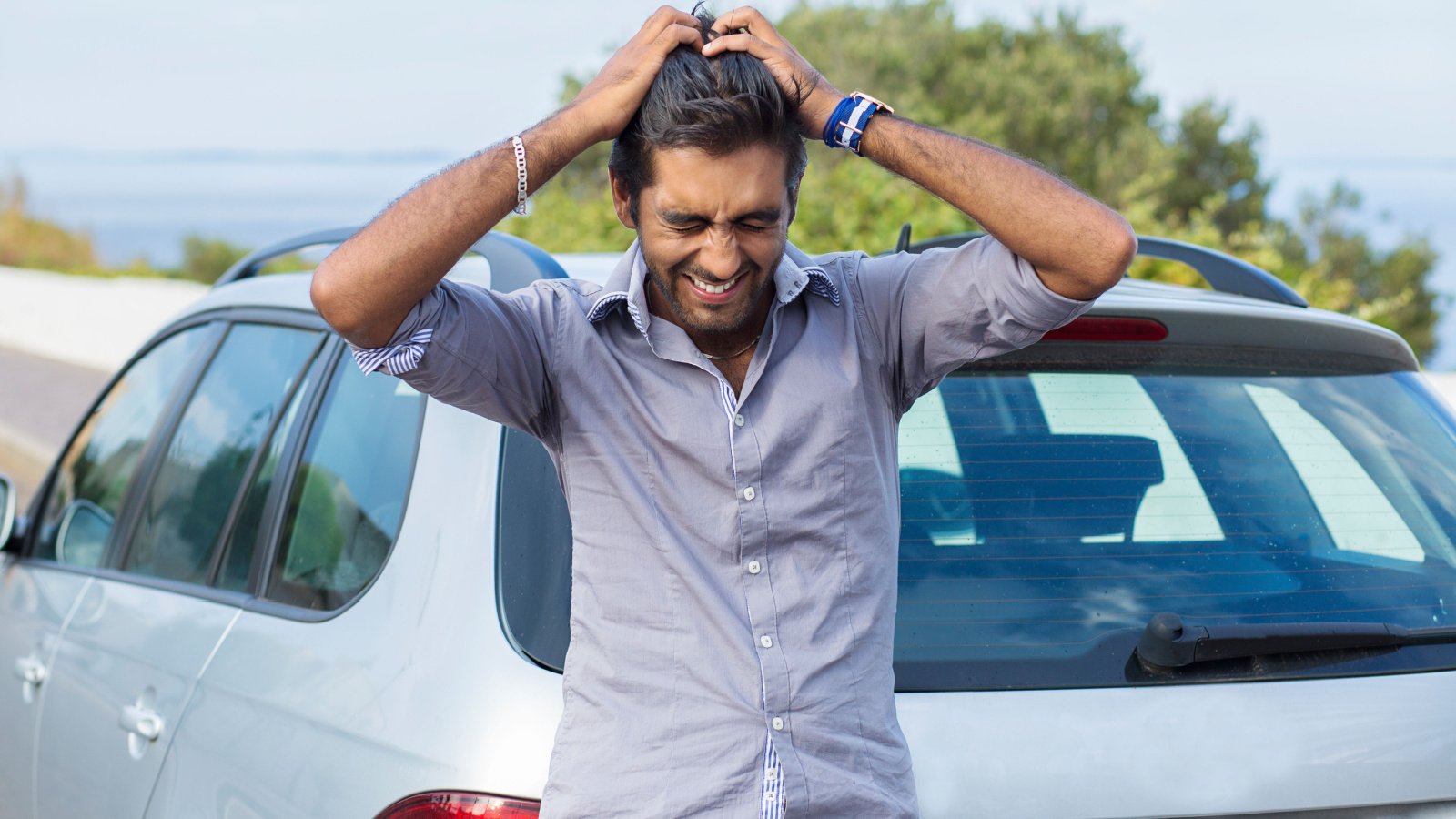
A tire pressure gauge can help you maintain optimal tire inflation, which enhances vehicle performance and fuel efficiency. This small tool can prevent the wear and tear that comes from incorrectly inflated tires. Regular use can also help you detect a slow leak before it becomes a bigger problem.
Multi-Tool

A multi-tool equips you with several hand tools, from pliers to screwdrivers, all in one compact form. This gadget can tackle a myriad of tasks, from tightening loose screws to cutting away damaged material. Choose a sturdy, stainless steel model for longevity and reliability.
Owner’s Manual
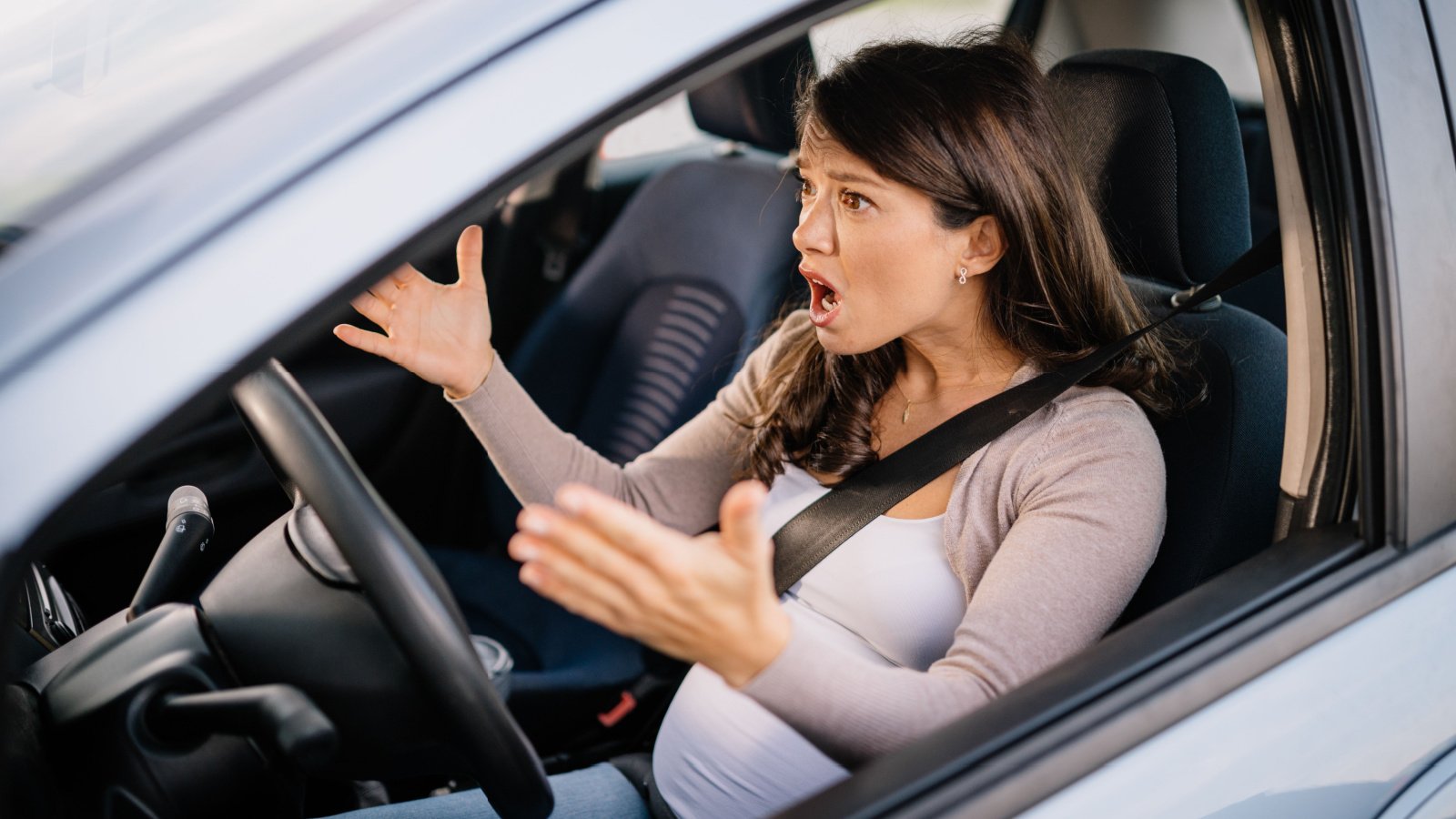
Store your car’s owner’s manual within easy reach; it’s your go-to resource for understanding vehicle specifics and troubleshooting minor issues. This book contains essential information on everything from dashboard warning lights to recommended tire pressure. It’s an indispensable guide for both routine maintenance and unexpected automotive questions.
First Aid Kit
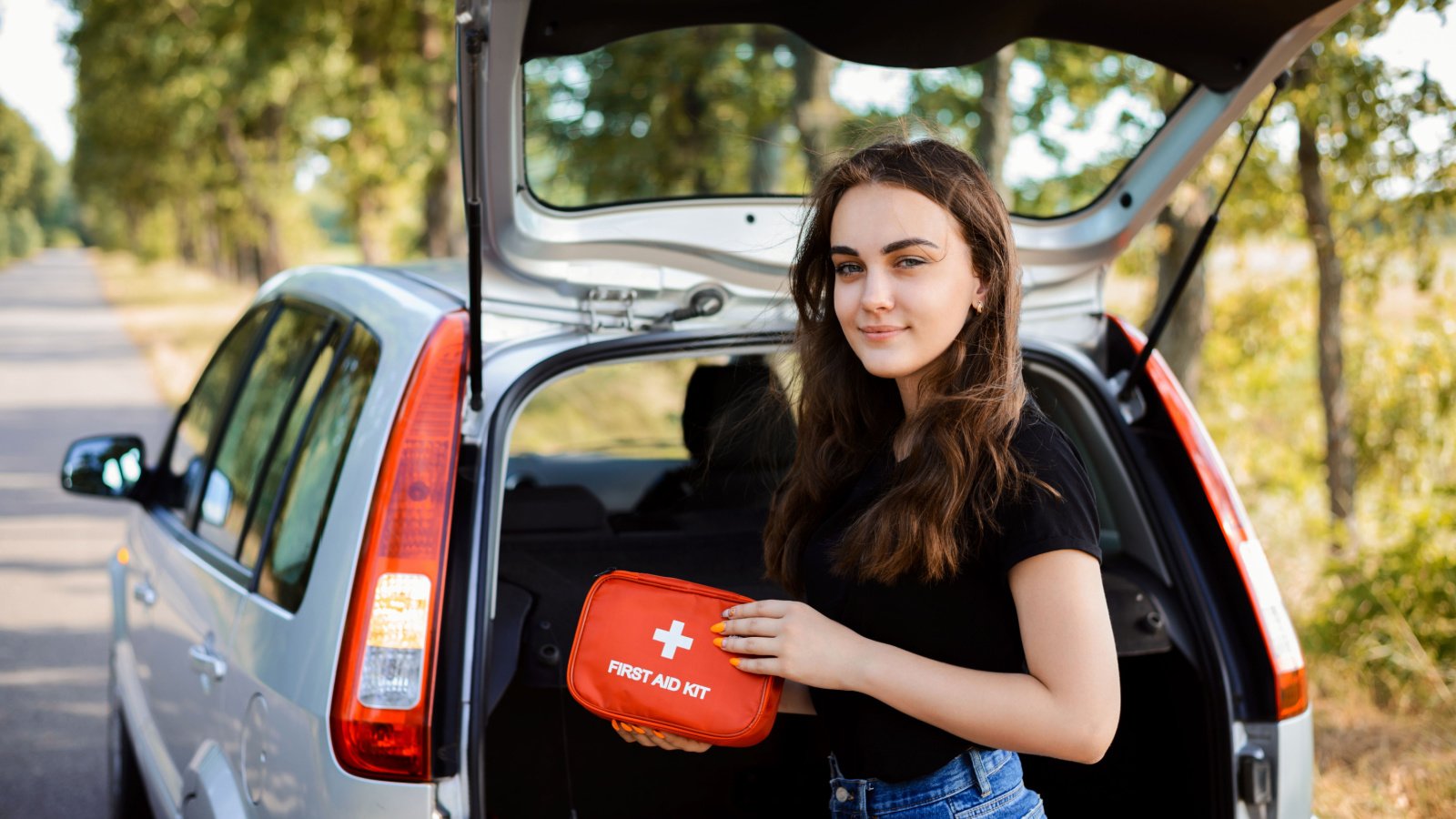
A well-stocked first aid kit is essential for managing minor injuries on the road. Include bandages, antiseptic wipes, and pain relievers to handle unexpected situations. Check and replenish the kit periodically to ensure everything is within its use-by date.
Window Breaker and Seatbelt Cutter

This tool is crucial for quick escapes in emergencies such as accidents where the vehicle’s doors are jammed or underwater. It’s designed to be easily accessible and functional under pressure. Regularly check the tool’s condition to ensure it will work when most needed.
Road Maps

Even in the age of GPS, physical road maps provide a reliable backup for navigating unfamiliar areas or when technology fails. These maps offer a broader perspective of your surroundings and can reveal alternate routes. Keep the latest version for your area and major travel destinations.
Emergency Contact List

Prepare an emergency contact list that includes numbers for roadside assistance, an emergency contract, a trusted mechanic, and a personal emergency contact. This list isn’t only meant for you – unfortunately in the event of an accident, someone might look through your glove box to find a point of contact if you are unresponsive or being treated for help.
Store it in a waterproof sleeve to protect it from damage.
Spare Fuses

Carry a set of spare fuses specific to your vehicle’s requirements to address electrical issues without delay. These are inexpensive and occupy minimal space, yet they are critical for maintaining the functionality of car electronics. Familiarize yourself with your car’s fuse diagram to replace them correctly.
Hand Sanitizer

Maintain a bottle of hand sanitizer in your glove box to ensure hygiene, especially after handling automotive parts or before eating on the road. Choose a sanitizer with at least 60% alcohol content for effective germ killing. Check it periodically as extreme temperatures can reduce its effectiveness.
Disposable Gloves

Keep a pack of disposable gloves handy for checking engine fluids or changing a tire to keep your hands clean and protected. Nitrile gloves are durable and offer resistance to chemicals and abrasions. Store them in a cool, dry place to prevent deterioration.
Notebook and Pen

A small notebook and pen can be invaluable for recording information after an accident or jotting down reminders. Ideally, go for a waterproof notebook and a gel pen that won’t run in wet conditions. This simple set can help manage details in stressful or hurried situations.
Reusable Shopping Bags

With many regions charging for plastic bags, keeping a couple of reusable shopping bags in your glove box can be both convenient and environmentally friendly. These bags are not only for shopping but also useful for organizing items within the car. Choose durable materials to withstand frequent use.
Emergency Blanket

An emergency blanket is lightweight, compact, and designed to retain body heat. It can provide essential warmth in cases of vehicle breakdowns during cold weather. Additionally, it can serve as a makeshift shelter from the rain or ground cover during roadside repairs.
Fire Extinguisher

A small fire extinguisher designed for automotive use can control small fires before they escalate. Ensure it is rated for class B and C fires, which involve flammable liquids and electrical equipment. Regular inspections are necessary to ensure it remains operational. Although this can be a bit big for a glove area, it was mentioned by enough mechanics to warrant it necessary to keep in the trunk.
Water Bottle

Keeping a spare water bottle in your glove box can help you stay hydrated during long trips or in emergencies. Water is not just for drinking; it can also be used for cooling overheated engines or washing wounds. Opt for BPA-free bottles to avoid chemical leaching.
Snack Bars
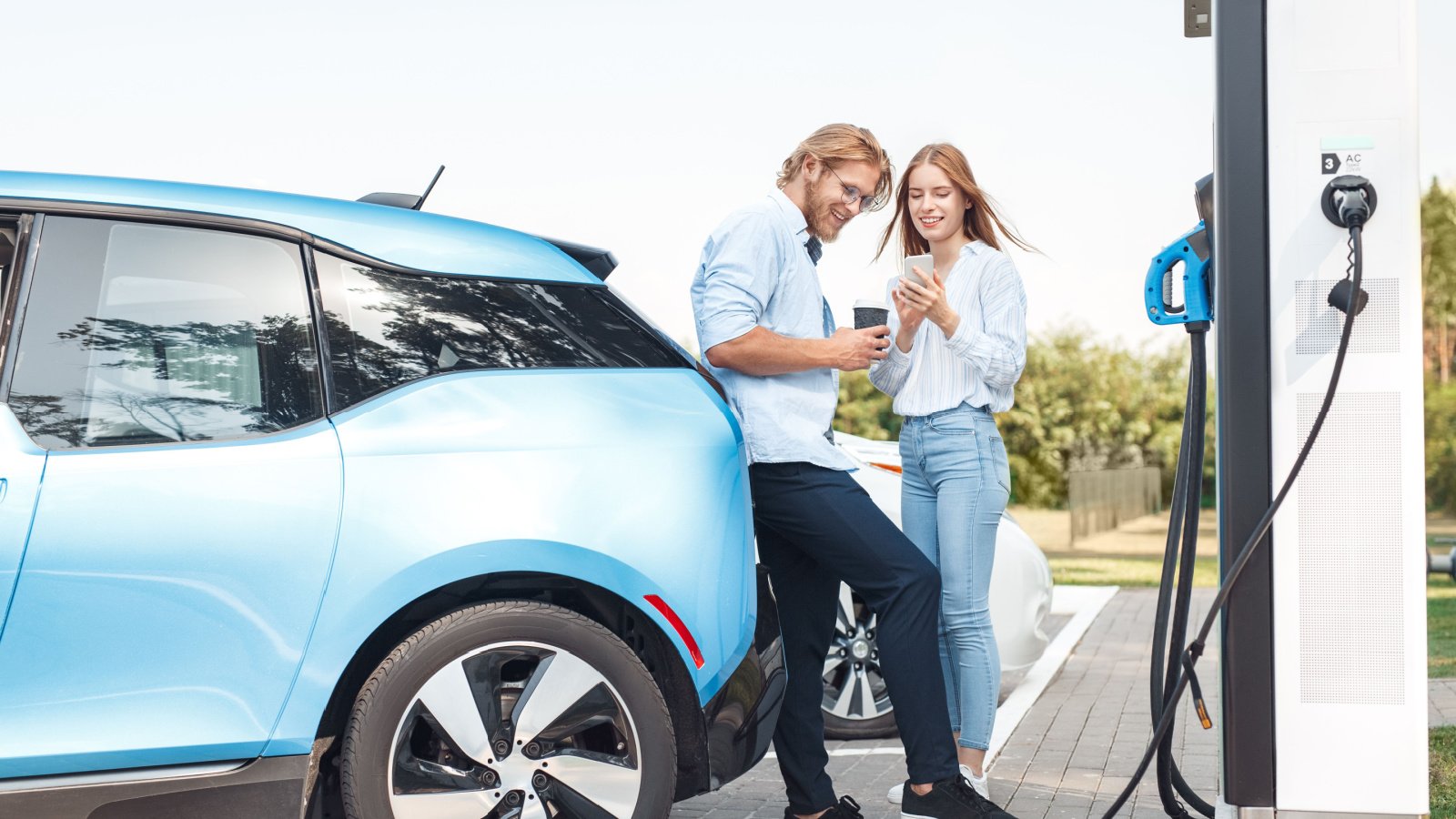
Energy rich snack bars that can withstand temperature fluctuations are perfect for your glove box. Choose bars that are high in protein and low in sugar to provide sustained energy without the crash. They’re essential for keeping hunger at bay during unexpected delays or long road trips.
Sunglasses

Storing a pair of sunglasses in your glove box can protect your eyes from harmful UV rays and reduce glare while driving. Opt for polarized lenses to enhance visibility during sunny or snowy conditions. Ensure they are stored in a protective case to avoid scratches.
Spare Change and Cash

Keeping spare change and a small amount of cash can save the day when you encounter parking meters or toll roads that don’t accept cards. It’s also useful for small purchases where digital payments are not an option. Store this money in a small, secure pouch to keep it organized.
Stamps
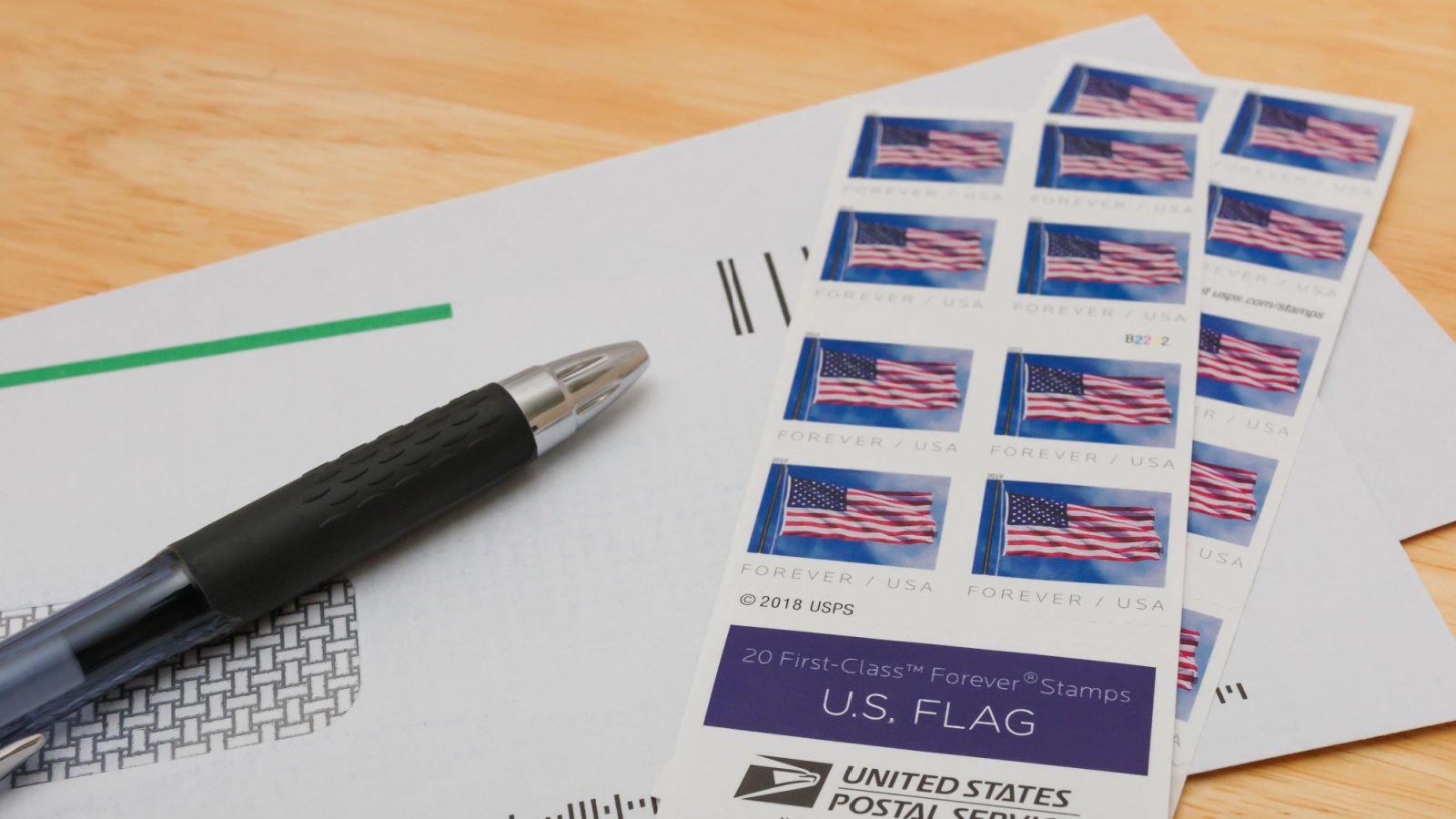
Blank notecards and postage stamps are handy for sending last-minute greetings or thank-you notes while on the go. This thoughtful touch can make a big difference when you remember a birthday or anniversary late in the game. Choose notecards that reflect your personal style.
Charging Cables
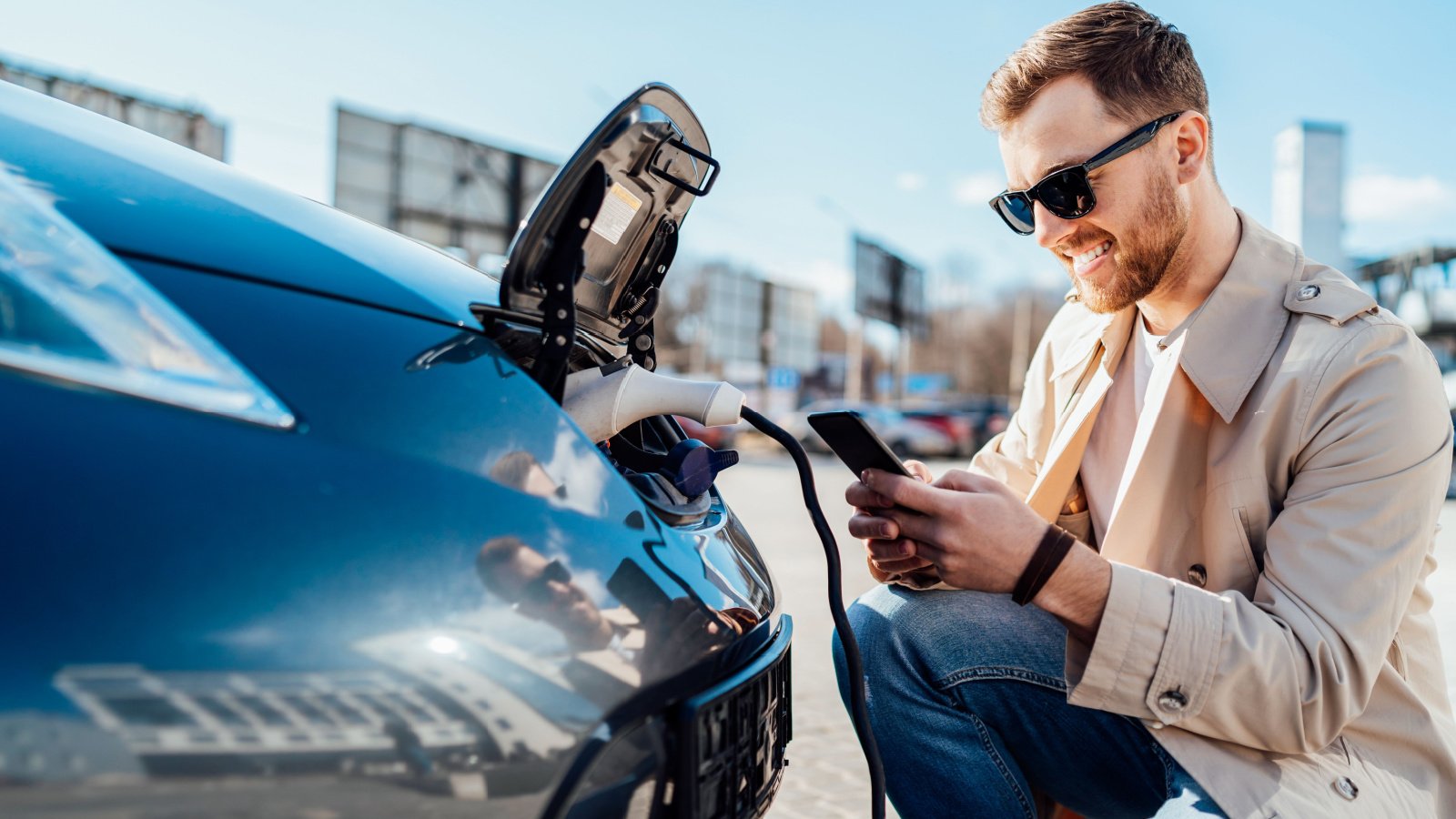
Include a set of charging cables for your devices to ensure you never run out of battery power. It’s wise to have cables compatible with different port types (USB, USB-C, Lightning) to accommodate your own devices and those of passengers. Store them neatly to avoid tangling.
Breath Freshener

Whether it’s for a meeting, a date, or just feeling refreshed, having breath freshener on hand can be a lifesaver. Options include mints, spray, or chewing gum—choose a product that suits your preference and lasts long. Store them in a cool, dry place to maintain their efficacy.
Weatherproof Poncho

A lightweight, weatherproof poncho stored in your glove box can protect you from sudden downpours. This item is especially useful during unpredictable weather seasons or in regions prone to sudden rain showers. It folds up small, taking up minimal space.









Unser Engagement geht über die bloße Erfüllung regulatorischer Anforderungen hinaus; wir bemühen uns aufrichtig,
ein sicheres Umfeld zu schaffen, in dem sich jeder Spieler geschützt und in Kontrolle fühlt.
Diese Kurzanleitung führt Sie durch jeden Schritt und stellt sicher, dass Sie Ihr Konto einrichten und Ihre spannende Gaming-Reise ohne Probleme beginnen können. Sie verfeinern ihre Plattform kontinuierlich, um sicherzustellen, dass Ihre Gaming-Reise so reibungslos und aufregend wie möglich ist.
Die organisierte Präsentation der umfangreichen Spieleauswahl ist ein weiteres Highlight.
Das mobile Casino-Erlebnis ist außergewöhnlich reibungslos und bietet die vollständige Palette an Spielen und Funktionen direkt über Ihren Browser oder eine
dedizierte App.
Die Schönheit der Tischspiele liegt in ihrem vielfältigen Gleichgewicht von Strategie und Zufall.
Dies sind nicht nur Glücksspiele; viele erfordern einen scharfen Verstand, strategisches Denken und
einen kühlen Kopf. Achten Sie auf verlockende Bonusrunden, die
Ihre Gewinne vervielfachen können, und nutzen Sie die
Gelegenheit für Freispiele, um die Action am Laufen zu halten, ohne Ihr Guthaben anzutasten. Während du
in vielen Spielen Freispiele oder Re-Spins gewinnen kannst, funktionieren diese Freispiele aus
Aktionen etwas anders.
References:
https://online-spielhallen.de/vulkan-vegas-casino-login-ihr-weg-zum-spielvergnugen/
At Joka Casino, new players can grab a multi-tiered bonus with up
to $5,000 in match funds and 75 free spins. Welcome bonuses are your first taste of a casino’s generosity.
I navigate each casino’s platform on desktop
and mobile, checking for intuitive menus, fast load
times, and easy access to games and promotions.
Do they offer clear and HD graphics, smooth gameplay, and high Return to Player (RTP) rates?
These sites are designed to meet the needs of Australian players.
Every recommendation is built on transparent research, personal testing, and a commitment
to helping players make smarter, safer gambling decisions.
Prioritizing a safe and secure gaming experience is imperative when selecting an online casino.
Video poker also ranks high among the preferred choices for online casino
players. Blackjack, a constant presence at online casinos, is available in an array of variations.
Leon Casino features over 270 live blackjack tables, from classic formats to fast-paced variants.
Lucky Dreams Casino offers a massive range of slots from top providers like Pragmatic Play and Play’n GO,
including exclusive jackpots on Bonanza Billion and Lucky Buffalo.
We could single out JackpotCity Casino, North Casino, and
TonyBet Casino as three top performing sites when it
comes to fast payment. However, joining only legitimate
and reputable sites like those covered here is crucial.
References:
https://blackcoin.co/goat-spins-casino-in-australia-real-money-casino-wins/
But you still will be able to enjoy casino games on your iOS device.
One of the most popular casino features now is
actually mobile apps for gambling. As was said, there are a lot of casino games and features on the SkyCrown website.
On the official website, you will find tons of different casino games and
activities. As you can see, online gambling at
casinos is actually a very simple process.
SkyCrown regularly updates their promotions page with reload bonuses, free spin drops, cashback
offers, and exclusive rewards for VIPs.🎉 Ready to start playing and claim your welcome bonus?
The live lobby brings blackjack, roulette, baccarat, and
game shows, while the RNG area covers classic cards and fast spins.
From top-tier software companies, enjoy a large selection of live
dealer choices, table games, and pokies. Support isn’t just reactive; the
team also guides players through responsible gambling
options, showing that the casino prioritises player well-being as
much as entertainment. Pokies, table games and live dealers
run smoothly, with fast loading times and full cashier functionality.
With easy navigation, AUD-friendly banking, and an emphasis on mobile play,
it offers both newcomers and experienced punters an experience
that feels polished and trustworthy.
References:
https://blackcoin.co/sol-casino-in-depth-review/
online betting with paypal winnersbet
References:
https://ciitiijobs.in/employer/our-favorite-paypal-casinos-2025-ranking-update/
online blackjack paypal
References:
https://kaswece.org